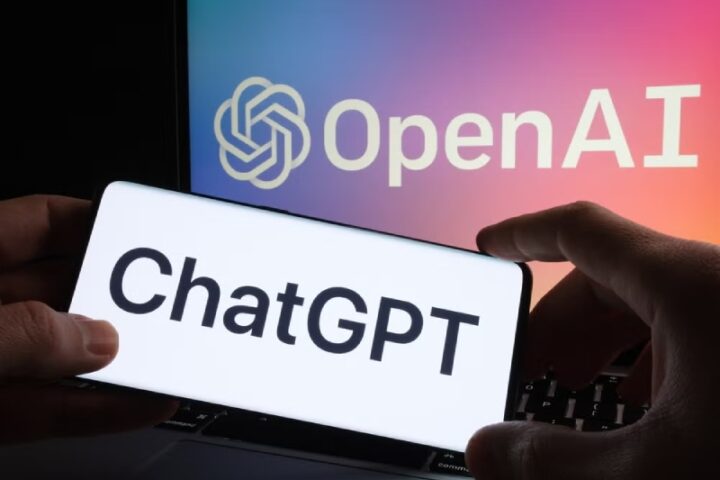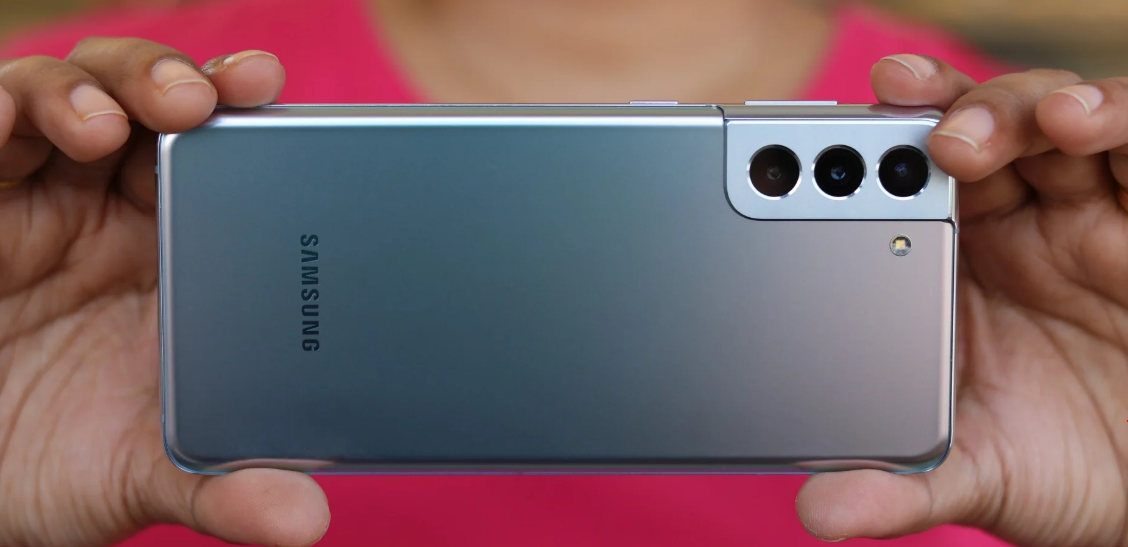A new version of Microsoft’s search engine Bing has been announced, and it is powered by an improved version of the same AI technology that powers ChatGPT, the chatbot. The company is launching the product alongside new Edge browser AI-enhanced features, promising that the two will provide a new web browsing and information-gathering experience.
At an event to announce the products, Microsoft CEO Satya Nadella stated, “It’s a new day in search.” Nadella argued that AI can deliver information more fluidly and quickly than traditional methods, despite the fact that the web search paradigm hasn’t changed in decades.
Nadella stated, “The race starts today, and we’re going to move and move fast.” “Most importantly, we want to have a lot of fun innovating again in search, because it’s high time.”
The company demonstrated what it refers to as “the new Bing” in various configurations during today’s demonstrations. One of these modes allows users to talk directly to the Bing chatbot and ask it questions in a chat interface like ChatGPT, while the other mode displays traditional search results alongside AI annotations (above).
Microsoft demonstrated a few examples of searches: searching Bing for recipes, travel advice, and Ikea furniture shopping. Bing was asked to “create an itinerary for each day of a 5-day trip to Mexico City” during one demonstration. The chatbot provided the only response to the question, providing a rough itinerary and links to additional resources.
The new Bing can also retrieve news about recent events, unlike ChatGPT. The search engine was even able to respond to questions about its own launch during The Verge’s demonstrations by citing news stories that had been published within the previous hour.
According to Microsoft, the AI OpenAI language model that underpins ChatGPT is an improved version of GPT 3.5. Microsoft refers to this as the “Prometheus Model” and claims that it is more capable than GPT 3.5 of responding to search queries with up-to-date data and annotated responses.
Although the new Bing is available “for desktop limited preview” today, it appears that users can only “ask” one of several preset queries and receive the same results each time. Additionally, there is a waiting list for future full access registration.
Microsoft is introducing two new AI-enhanced features for its Edge browser in addition to the brand-new Bing: “compose” and “chat.” These will be incorporated into the sidebar of Edge.
While “compose” serves as a writing assistant, “Chat” gives users the ability to summarize the webpage or document they are viewing and ask questions about its contents. assisting in the generation of text, from emails to posts on social media, using a few starting prompts.
In the midst of a flurry of AI activity from Microsoft and rival Google, the new Bing has been announced. Interest in artificial intelligence (AI) text generation has skyrocketed since ChatGPT went live online in November. Microsoft, which has been working closely with OpenAI, the company that developed ChatGPT, is hoping to take advantage of this excitement and has already revealed how this technology will be incorporated into its office suite.
Google, on the other hand, has been taken aback by what some people claim is a fundamental shift in how users locate information online. Long-absent founders Larry Page and Sergey Brin were drafted to help deal with what could be a threat to the company’s biggest revenue driver as a result of the launch of ChatGPT, which is said to have triggered a “code red” within the search giant.
Google’s own ChatGPT, codenamed Bard, was unveiled yesterday in an effort to get ahead of Microsoft’s announcement today. CEO Sundar Pichai referred to the software as an “experimental conversational AI service,” but he also mentioned that it was still being tested by a small number of users and would only be made available to a larger audience in the coming weeks.
The more pressing concern for both Google and Microsoft is, however, the following: Are AI chatbots a viable alternative to search? What will happen if this technology makes mistakes and how will it fit in with other methods of finding online information?
The last point is the most significant because AI language systems like ChatGPT have been shown to present erroneous information as fact. Since ChatGPT launched online, there have been numerous instances of AI-generated errors, including chatbots fabricating biographical details about real people, academic papers, and dangerous medical advice, despite researchers’ warnings about this issue for years.
However, this kind of AI stupidity is already a problem. Although Google has been increasingly utilizing AI to summarize web pages for years, the rise of chatbots has brought new attention to the issue. This has resulted in some notable errors, such as Google’s response to the query “had a seizure now what?” with the advice to “hold the person down or try to stop their movements,” which is exactly the wrong thing to do in this situation.
In its presentation, Microsoft mentioned these and other issues, claiming that it had been working hard to protect against risks like bias and “jailbreaking,” which involves tricking AI chatbots into disregarding filters designed to prevent them from creating content that is harmful or hateful. The responsible AI lead for Azure, Sarah Bird, stated, “With this product, they have gone further than their ever have before to develop approaches to measurement and risk mitigation.”
However, it is clear that the company is also preparing for its systems to make mistakes (though the company will hope that they will not be as severe as with the bot Tay, which failed in 2016). A warning for users is included in the new Bing interface: Come and learn with they. Since Bing is powered by AI, it is possible to make mistakes and surprises. Check the facts and provide feedback so that we can learn and grow!
However, there were a few issues that the company did not address, such as the potential for the ecosystem of the web to become unbalanced by AI-assisted search. The revenue stream that keeps many websites afloat is eliminated if AI tools like the new Bing scrape information from the web without users having to click through to the source. It will be necessary to maintain some previous agreements in order for this new search paradigm to be successful.
- IPL Icon MS Dhoni Makes Unbelievable Record Against SRH - April 26, 2025
- Cougars Coach Kelvin Sampson Chases 800th Career Victory in NCAA Finals - April 8, 2025
- How to Check IIT GATE 2025 Results Online? Complete Guide - March 19, 2025









